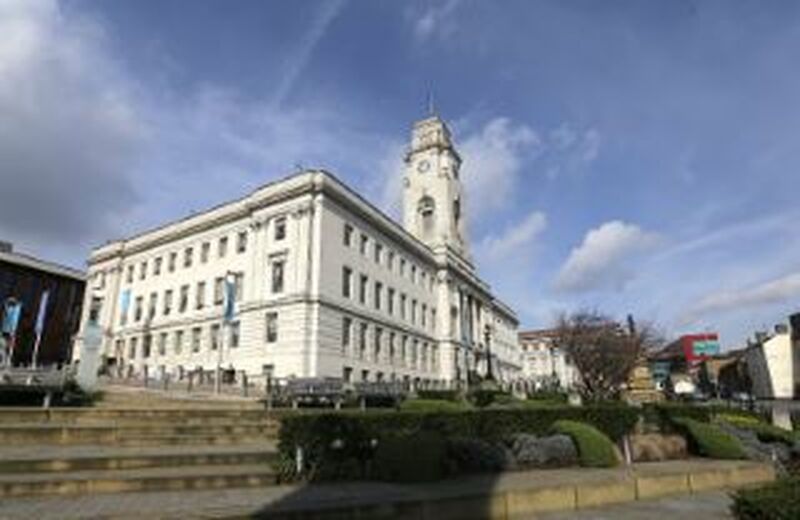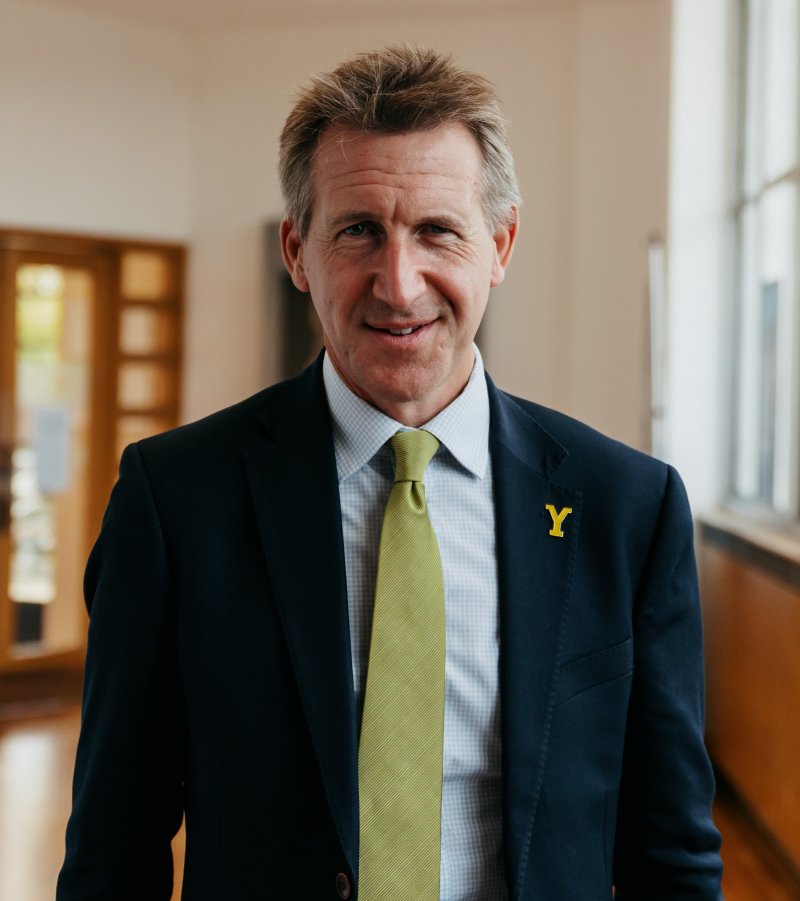FEMALE employees at Barnsley Council earn four per cent more on average than their male counterparts, a report has revealed.
Barnsley Council’s ruling cabinet members will discuss the gender pay gap report at a meeting on Wednesday.
The report sets workforce and pay data for the previous pay year, with the latest report reflecting the pay period as at March 31 2024.
The report includes workforce gender composition data, average hourly pay for men and women and specific pay gap data for ethnic minority and disabled employees.
Bosses say the report allows the council to review any pay gaps, identify any under representation, assess progress made in closing the gaps and sets out our next steps to continue its drive for equality and eliminating any pay differences across the council./
A total of 67.9 per cent of the council are female employees, compared to 32.1 per cent male staff.
It is a slight decrease in the number of female workers.
Female employees earn on average 4.1 per cent more than their male counterparts, reflecting an increase in the gender pay gap.
Sarah Norman, chief executive at the council, said: “We’re building a welcoming workplace where everyone is valued, respected and treated with fairness and dignity and I’m immensely proud of how far we’ve come. /
“This year’s report highlights positive progress and demonstrates our ongoing commitment to addressing equality and any imbalance by voluntarily including pay data on other protected characteristics which we will continue to report on in future years.”
Ethnic minority employees at the council earn 11.4 per cent more than white employees on average, reflecting positive diversity indicators according to the council.
However ethnic minority employees only represent 2.4 per cent of the work force.
While disabled employees earn slightly less - 0.6 per cent - than non-disabled employees.
Mrs Norman added: “We’ve taken encouraging strides over the last 12 months to build an inclusive and diverse workplace.
“We’ve developed our menopause friendly support offer and our range of employee networks including age friendly, disability and neurodiversity and young employee networks.
“We’ve been closely reviewing our workforce demographics and supported the development of career pathways within our services.
“There’s still work to do and we will continue to review the way we capture, store and report equality data to improve data quality and reduce gaps.
“We also plan to review our recruitment processes to remove potential barriers for applicants and address any areas underrepresented.
“This work is just one part of our broader ambition to ensure everyone within our borough has the same opportunities to access fulfilling work, learn new skills and progress in the workplace.
“We’re thinking ahead and investing in building skills and learning opportunities through pioneering initiatives such as our Pathways to Work programme, which will prepare young people not in employment for work and help us understand the challenges they face.
“We support adult learners who missed out on the benefits of lifelong learning through our outstanding-rated adult skills and community learning service.
“We’ve also joined forces with Barnsley College to create Our Future Careers Academy, offering the next generation insights into the rewarding work at the council.
“Together, we can make sure that everyone benefits from Barnsley’s growing prosperity, with equal opportunities to learn, access rewarding jobs and contribute towards our vision for Barnsley, the place of possibilities.”



























